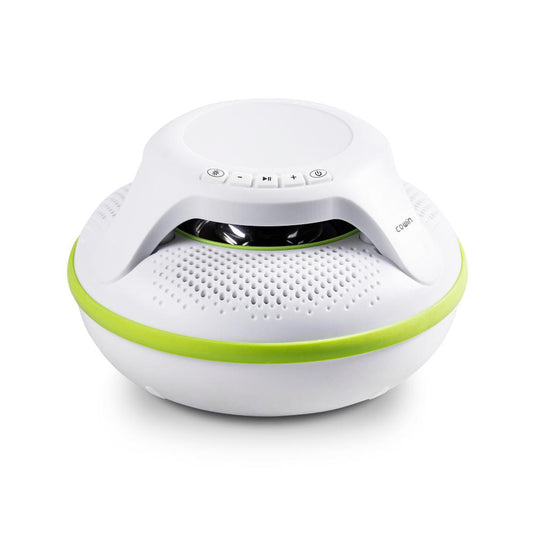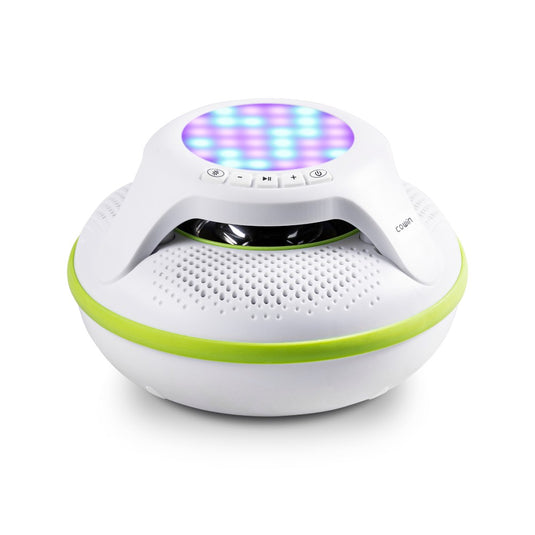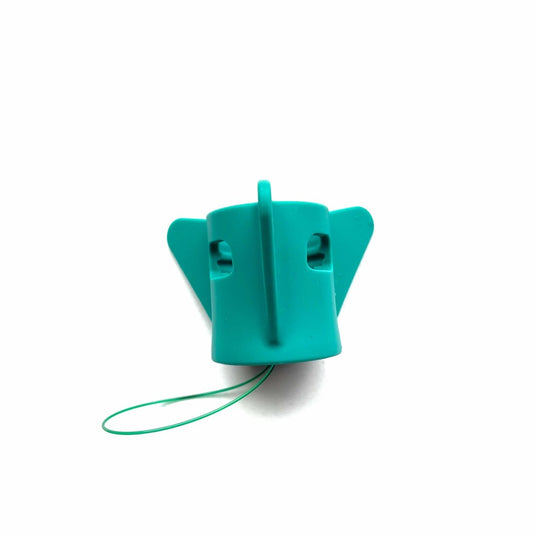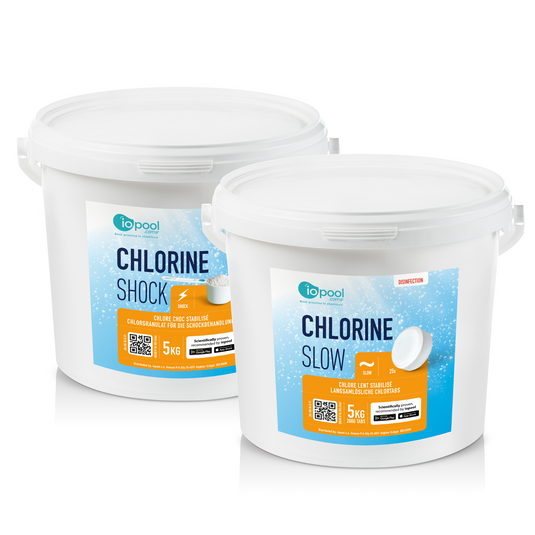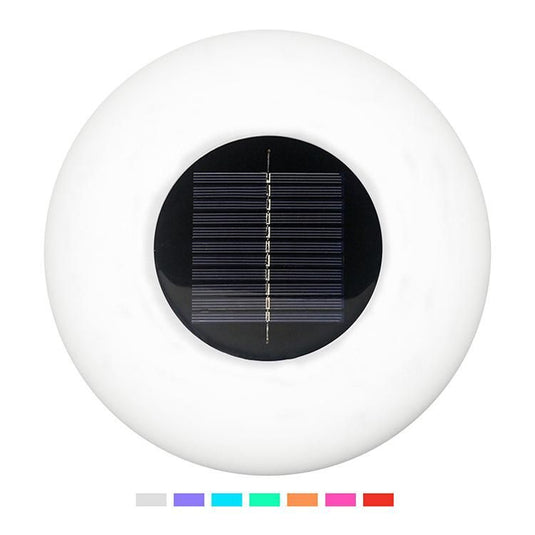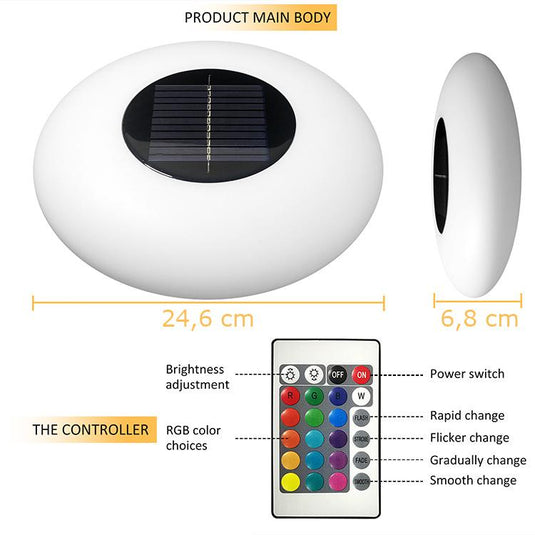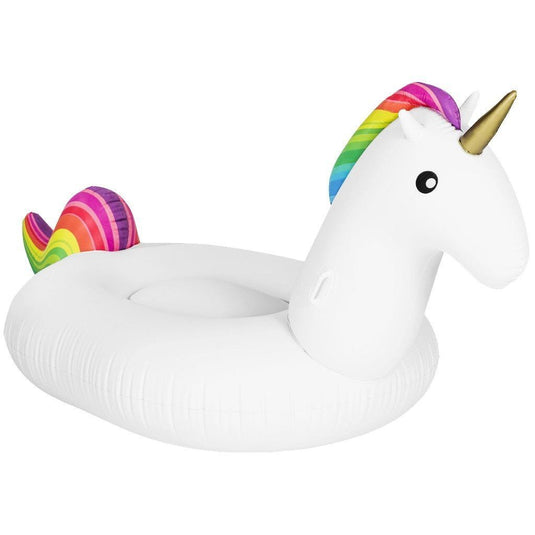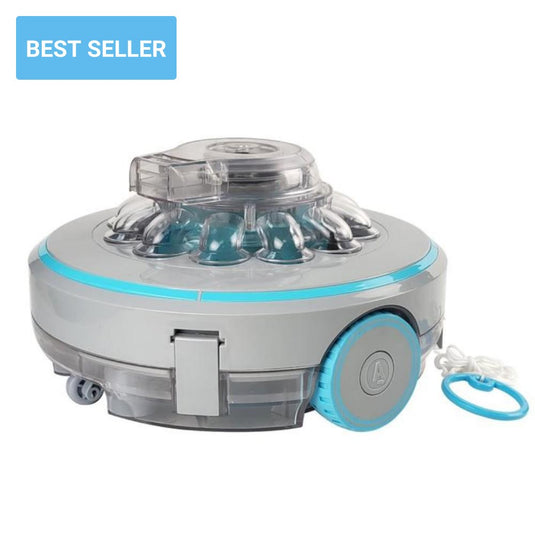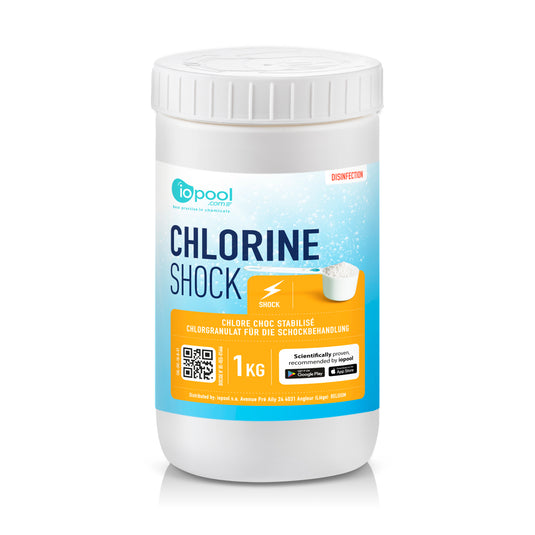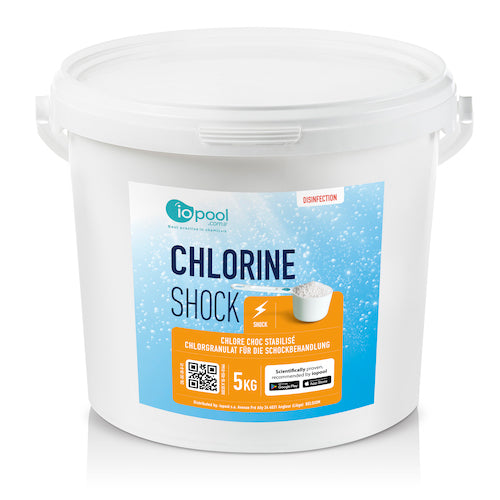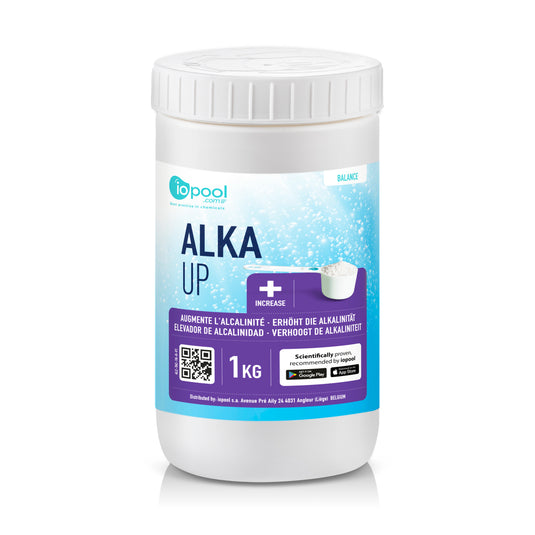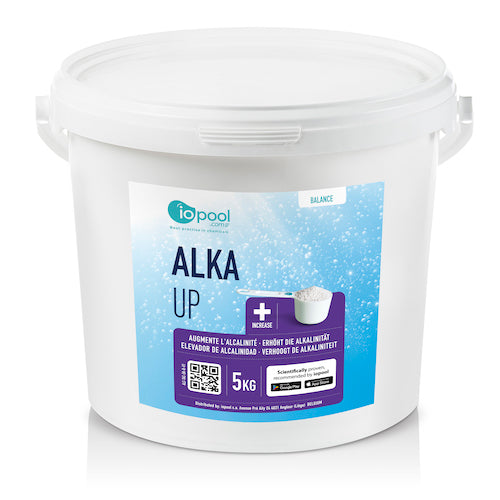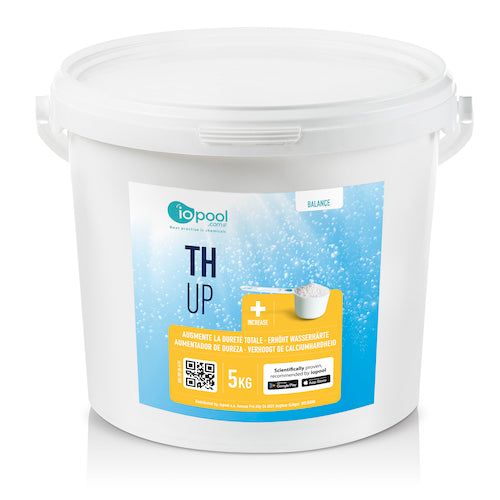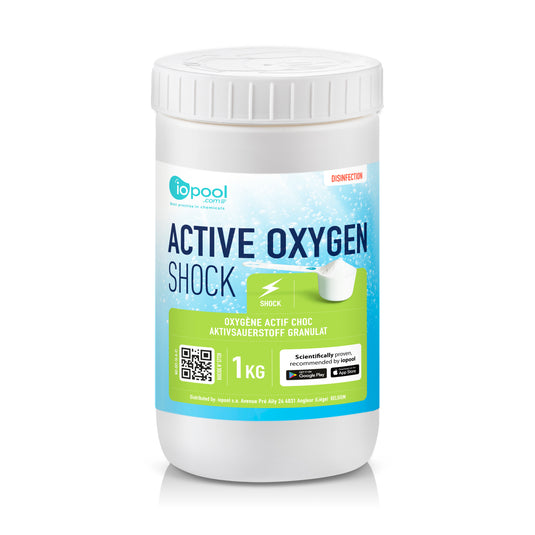Cloudy Water: Why And How You Should Treat It Right Now!

The skies are clear, the weather is warm, but your pool water is… cloudy/troubled? A healthy pool should have sparkling, clear waters. Anything other than pristine could cause some issues. But the good news is that milky pool water is a common issue and is easy to fix.
Why is Cloudy Water Unsafe?
There are three main reasons why you should avoid swimming in cloudy water. According to the CDC, muddy pool water could cause bacterial infections and increase the risk of drowning.
Let's delve deeper...
Increases Drowning Risk
Cloudy water makes it difficult to see swimmers who are struggling. Also, rescue efforts will become more challenging.
Before you get into the water, make sure you see the pool drain as a rule of thumb.
Can Cause Bacterial Infections
If your pool water is cloudy, it doesn't necessarily mean it is dirty. But in many cases, murky waters stem from poor filtration and poor water chemistry.
Imbalanced pool chemicals and inadequate filtration is breeding ground for bacteria and other harmful pathogens.
But what if the pool water smells chlorine? Does that mean it's free of bacteria? Not always.
That pungent smell could be coming from chloramine, which indicates too many contaminants in the pool.
Excess contaminants can irritate skin and bacterial infections like UTIs and stomach bugs.
Increases Risk of Serious Injury
Swimmers can easily misjudge the depth of murky waters. When the pool floor isn't visible, diving and jumping in the pool can be dangerous. In fact, diving is the fourth leading cause of spinal injuries.
As we mentioned earlier, if you can't see the pool drain, the pool is too cloudy to swim safely.
Why Is Your Pool Cloudy?
Milky pool water is a common issue pool owners face. It's usually caused by poor filtration, chemical imbalances, and environmental factors.
Poor Filtration
Inadequate filtration stems from various issues. For instance, if you only run your filter for a few hours a day, it can't properly clean your entire pool. And if your filter runs too much, it may be broken or burnt out.
There may also be mechanical problems like clogged filter media, poor water flow, and an overflowing skimmer basket.
Chemical Imbalances
Improper chlorine levels, imbalanced pH and alkalinity, or high amounts of calcium are usual causes of murky water.
A balanced pool can often become cloudy after it's been shocked. However, this typically goes away on its own and shouldn't be cause for concern.
Environmental Factors
This includes rain, pollen, leaves, pool algae, wildlife, and debris from construction. Swimmers can also bring sweat, dirt, hair, oils, and cosmetics into the pool — which could make the water murky.
Solutions
Don't let unclear water ruin your swimming season. Check out these straightforward fixes:
Check Your Filtration
Reduce clogs by emptying the skimmer basket and backwashing the pump and filtration system.
If your filtration issues aren't caused by clogs, you may have to repair or replace your filter.
Note: Make sure your filter runs at least 8 hours a day.
Balance Your Pool's Chemistry
First, determine the chemical composition of the pool water (using manual test strips or EcO, our smart monitor).
You should check for the following:
- Chlorine levels should range between 1 and 3 parts per million;
- Bromine levels should vary between 2 and 6 parts per million;
- pH levels should fall between 7 and 7.8 (check our dedicated article);
- Calcium hardness should range between 180 and 220 parts per million;
- Cyanuric acid should range from 30 to 50 parts per million.
Get Clear Water With iopool
When it comes to cloudy water, play it safe and don't swim. Taking a dip in murky water could lead to some nasty consequences.
If your water isn't pristine, don't worry. Our shop has everything you need to maintain a healthy pool.

